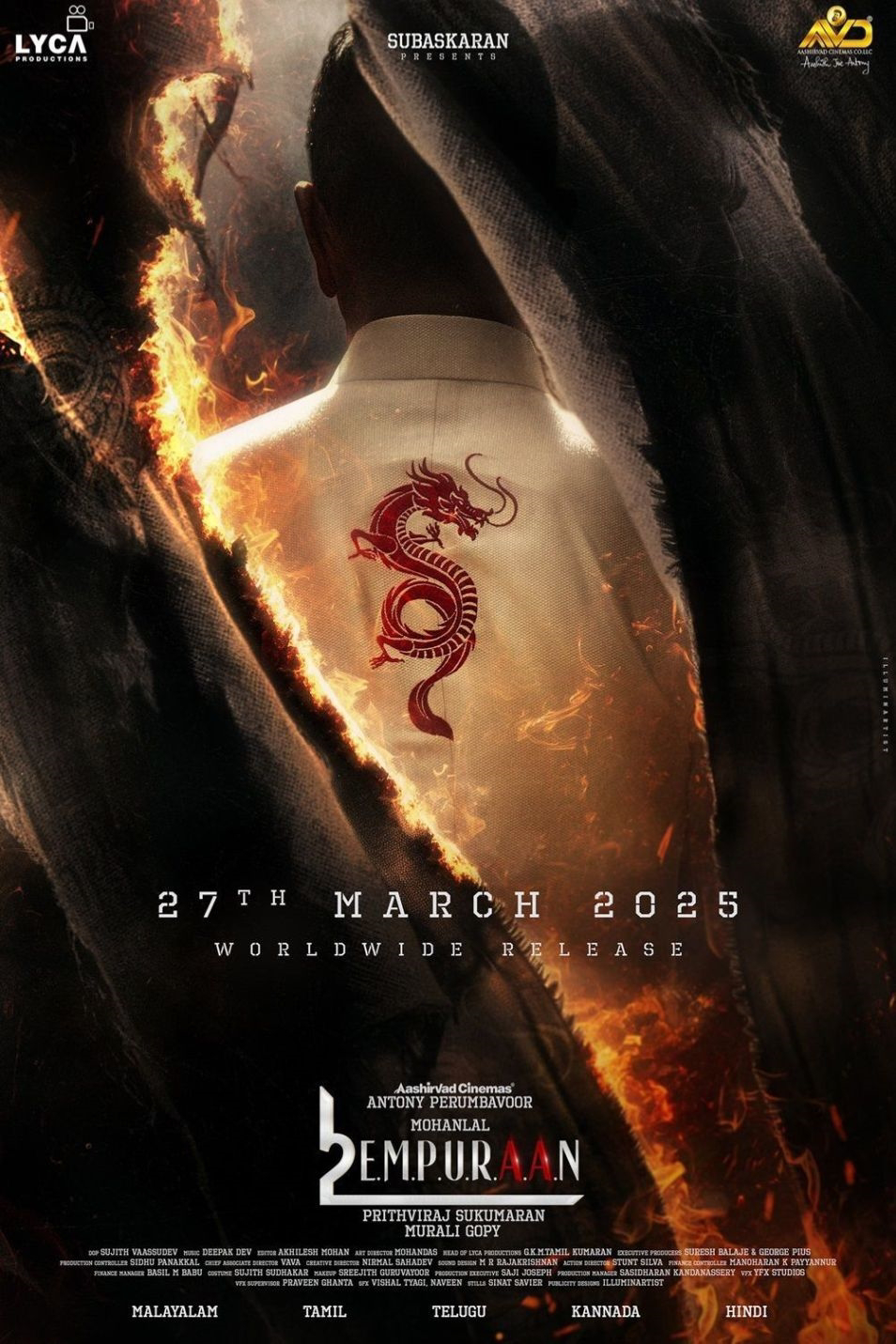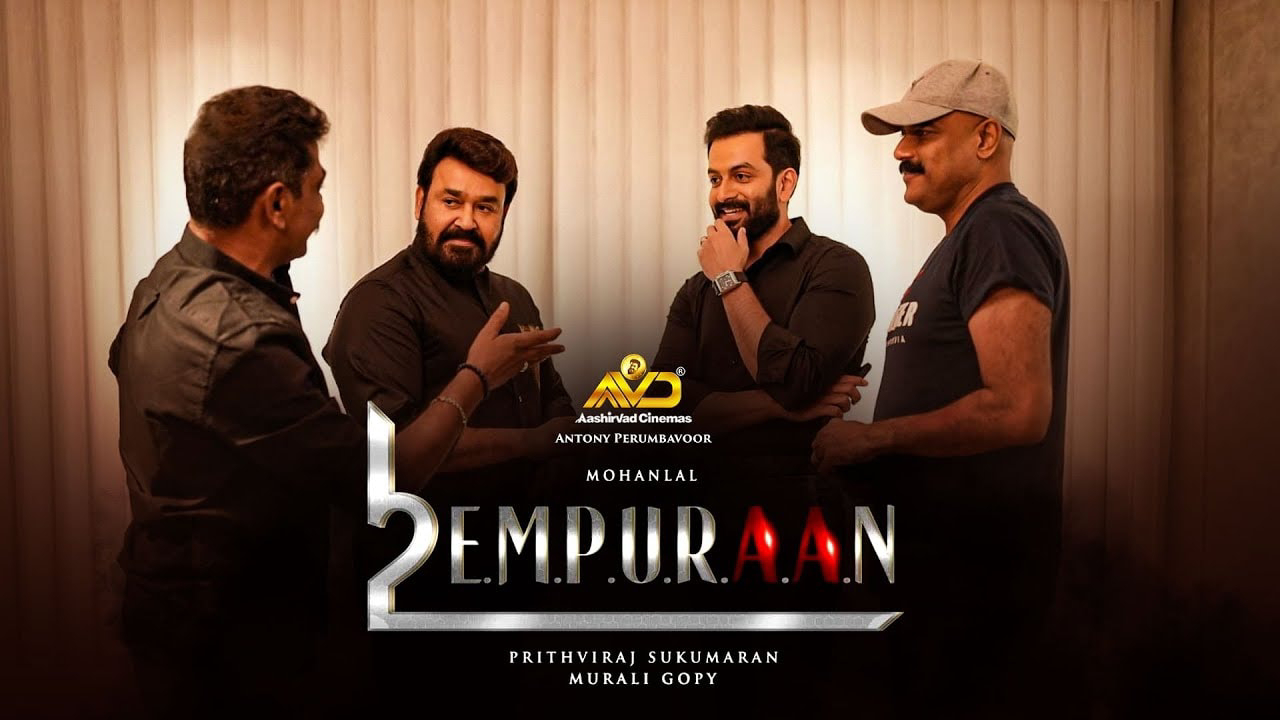A film is meant to be an artistic expression, a reflection of society, and sometimes, a bold mirror held up to power. Empuraan, the much-anticipated sequel to Lucifer, has not just continued the story of Khureshi Ab’raam alias Stephen Nedumpally but has ignited a larger debate. Beyond its grand cinematic experience, the film has managed to disturb certain factions, not because it tells lies, but because it dares to tell uncomfortable truths.
The Fear of Truth?
From its very first frames, Empuraan establishes itself as more than just a political thriller—it’s a commentary on power, corruption, and manipulation. It presents riots, political conspiracies, and systemic control not as religious conflicts but as carefully orchestrated power plays. Remember what mausi said in the movie?
When a film brings up the Gujarat Riots, for example, why does it cause an uproar? What is there to hide? The fear is not about what is being said but about the possibility that people might start questioning and researching deeper truths. If a film can make an entire state Google Illuminati after Lucifer, what will Empuraan make them question?
Guts to Tell the Story
Crafting a political thriller on such a large scale, touching upon drug cartels, syndicates, and power dynamics, takes courage. It takes even more audacity to weave these elements into a storyline that parallels real-life political realities. The screenplay doesn’t shy away from pointing fingers at how power operates in a world of deception. We saw in Lucifer how drug trade infiltration was hinted at in 2019, and today, we see its full impact on society. If Empuraan is a warning for the next five years, will we be able to face its truth when the time comes? After all, we are living with a ticking water bomb above our heads. (For more details, watch the movie.)
Why the Panic?
It’s fascinating how certain political groups and individuals are reacting with panic to a mere film. Statements from political leaders, cyber wars between right and left-wing supporters, and the heated debates suggest that the movie has hit a nerve. But why? If it were just fiction, why fear? The real fear is not of the film itself but of the public waking up to reality. The orchestrated outrage only fuels curiosity—what truth is being suppressed?
Power Corrupts, and Absolute Power Corrupts Absolutely
Power, when left unchecked, can lead to absolute corruption. The film attempts to unravel this reality, showing how those in control manipulate narratives, suppress opposition, and engineer events for their benefit. If the reactions to Empuraan prove anything, it is that power still fears the people.
If the upcoming news is true, the film may come out with an edited version soon—changing names or making adjustments. But making a film, talking about history,a fiction or speaking our opinions should still be one’s right in India. Now, we fear whether our tongues will be cut for speaking!!!
Let’s face it—our right to expression is being stolen. Don’t fear questioning what is wrong, regardless of caste, religion, race, or political ideology.
So, what do you think? Are films just entertainment, or do they hold the power to expose realities? Share your thoughts below.
Beyond its political undertones, Empuraan is a cinematic masterpiece that deserves to be appreciated for its sheer brilliance. Lalettan's presence commands the screen effortlessly, while Prithviraj Sukumaran’s direction brings a Hollywood-like intensity to Malayalam cinema. The film’s technical aspects, from cinematography to background score, add to its immersive experience, making it a spectacle that demands to be watched on the biggest screen possible. Despite the controversies surrounding it, Empuraan stands tall as an exceptional piece of storytelling.



Comments
Post a Comment